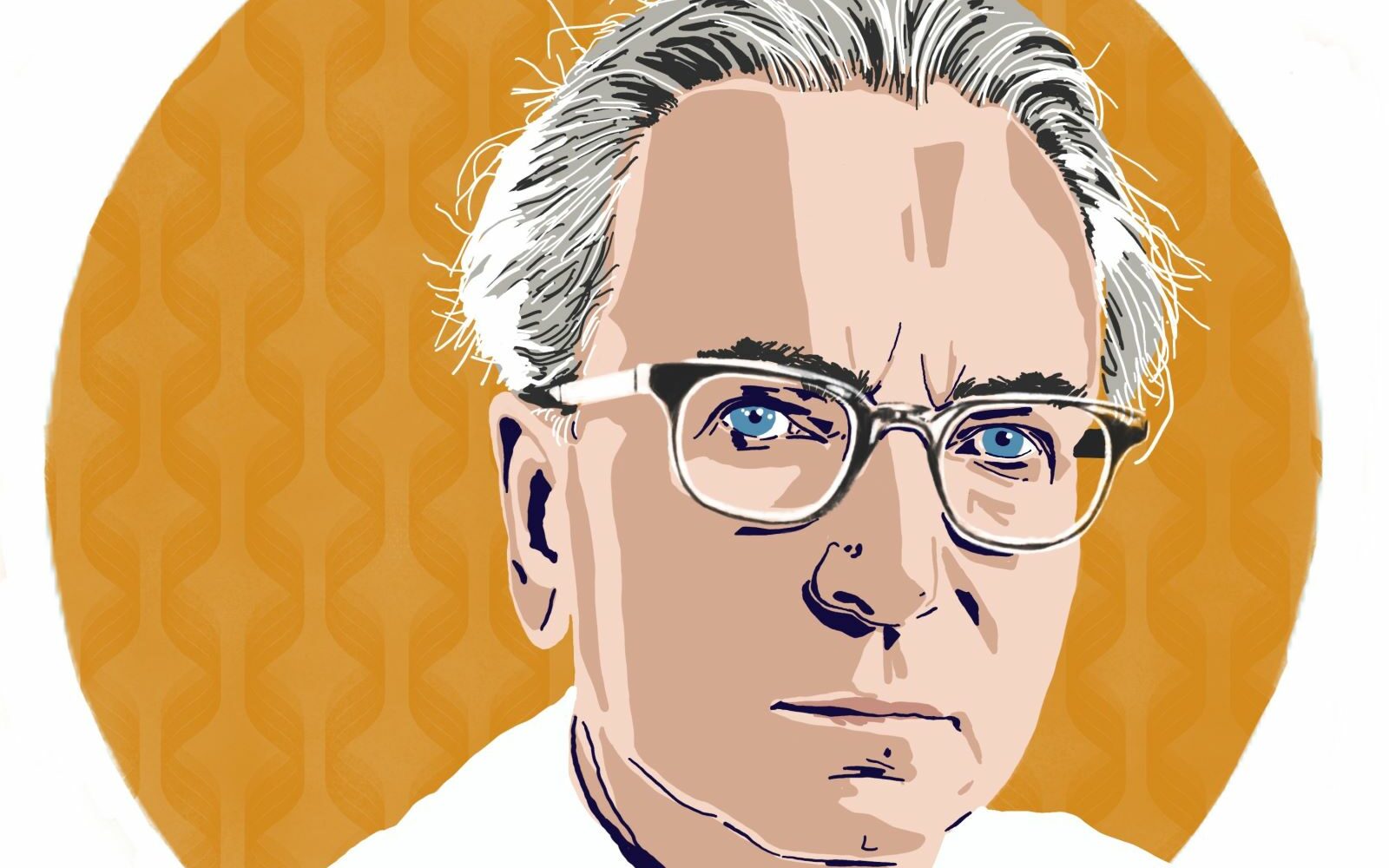How industry leaders view the future of work from anywhere.
Scott found himself in an odd world where everywhere he looked he saw spots. The spotty view was so disruptive that Scott went to see his ophthalmologist. The doctor listened to Scott’s symptoms, ran a few tests and told Scott that it was time for him to start wearing glasses. A few weeks later, Scott visited his doctor again, once again complaining about seeing spots. “Didn’t the glasses help your vision?”, asked the doctor. “You bet,” said Scott, “now the spots are much clearer.” Chuckle, groan, or mutter “I’ve heard that one 100xs”, the message behind this joke is spot on and more relevant than ever. In today’s great debate between CEOs on whether the shift to remote work is successful, we need to consider if a work remote change was essentially putting glasses on a problem that already had spots, and the remote work environment has just made the problems clearer.
Jamie Dimon
Jamie Dimon, CEO of JPMorgan, is often looked up to as an example of successful leadership. Dimon is also from the most vocal advocates for having employees return to the company office space. Interestingly, his rationale for bringing employees back into the office has little to do with the IT security challenges that banks previously struggled with when considering remote work. 1
To explain his rationale about returning to the office, Dimon shared that he had taken a trip to California, which inspired him with new ideas. It’s unclear how that same inspiration would strike for the average JPMorgan employee sitting in workspace where desks are all lined up like long tables, and a small partition blocks them from making eye contact with the person sitting in a desk that faces theirs. 2
We would need more details from Dimon to understand his connection between his trip to California and in office attendance. Dimon also cites business being lost because a JPMorgan competitor had sent people to visit a prospective client in person, when JP Morgan had not. With limited information, it would seem like the breakdown that led to this missed sales opportunity can be resolved without an in-office work week. 3 What we can derive from this story is how valuable it is for people to interact in person to build up trust and rapport.
Here’s where things get interesting. In May, Dimon went before the House Financial Services Committee and suggested that companies can’t fill open positions because people don’t feel like working. 4 That’s an interesting observation for Dimon to make at a time when the leading causes would seem more likely to relate to childcare needs, public health concerns and general apprehension about virus spikes. For Dimon to suggest that people would rather face a decreased income, at a time when many GOP states had already revoked the enhanced unemployment compensation, seems like a lot to unpack. It would be interesting to know if the JP Morgan HR Department had provided Dimon with data that led him to conclude that people just didn’t feel like working.
Sundar Pichai
Sundar Pichai, the often-quoted tech thought leader and CEO of Google, has taken a different, equally high-profile approach to his outlook on remote work. Pichai’s stated that, “the future of work is changing dramatically. It is going to be more flexible. Work is no longer just a place.” 5 Pichai has started outlining a hybrid work model, where people would come into an office for a few days per week, have their chance to meet in person and collaborate, and then balance that with days they can work from home. Pichai is also looking to implement a work from anywhere week, enabling people to take more flexible vacations. We can see that Pichai’s industry allows him more flexibility to have teams remote, but that he still does fundamentally agree with Dimon on there being value to coming into the office.
Pichai’s plan seems most closely aligned with a recent survey from Harvard Business Review which found that 68% of employees would want to work from home less than 5 days per week.

Also Read: Series: Powerful Meeting Lessons from Leaders [Begin/Brzezinski]
Comparing cultures at JP Morgan vs. Google
To understand more, we went to Comparably to learn more about the JP Morgan work culture. We found that of the 461 employee participants, 68% responded positively, and 32% responded negatively. The culture score was 3.5/5, which is a C+. 6
We then did the same exercise with Google, a company well known for focusing on company culture. We found that Google had 3,700+ responses, an 85% approval rating and only 15% of employees left a negative score, which is an A+. 7 Both CEOs had similar employee approval ratings.
Matt Mullenweg on a successful all remote team
Matt Mullenweg recently reshared on LinkedIn a post from Adam Grant. Mullenweg is the founder of WordPress and has set up a very successful, fully remote, workforce. The post reads:
To the leaders trying to cancel all remote work: did you forget when we made it work during a pandemic? Productively is about purpose and process, not place. It’s driven by why and how we work-not where we work. Flexibility is here to stay. Those who reject may not be.
Adam Grant
The key to reading this quote is noticing the verbiage of cancelling ALL remote work and a stress on FLEXIBILITY being here to stay. Even with a fully remote team, Mullenweg is a big advocate for in-person interaction. In a 2018 blog post he shared, “I believe it’s still important to meet face-to-face — just not every day, in the same office.” 8
What’s clear from all of these industry leaders is that they agree on the value of in-person meetings. That base of having had a human-to-human interaction is what allowed people to go off and successfully work together remotely. The question that companies will need to ask themselves is if their hesitation in allowing employees to work from home is really the result of already existing “spots” in their company culture that became much clearer when their teams worked remotely. In the highly competitive job market, it seems worth taking the time to try to find and clean those spots as early as possible.
References
- Work from home presents a data security challenge for banks – BAI ↩
- JP Morgan Chase office workspace ↩
- Jamie Dimon, fed up with Zoom calls and remote work, says commuting to offices will make a comeback – CNBC ↩
- Jamie Dimon: Some Americans ‘don’t feel like going back to work’ – CNN ↩
- Google CEO: ‘Work is no longer just a place’ – Yahoo Finance ↩
- JPMorgan Chase & Co Company – Comparably ↩
- Google Company Culture – Comparably ↩
- The Importance of Meeting In-Person – Matt Mullenweg ↩






